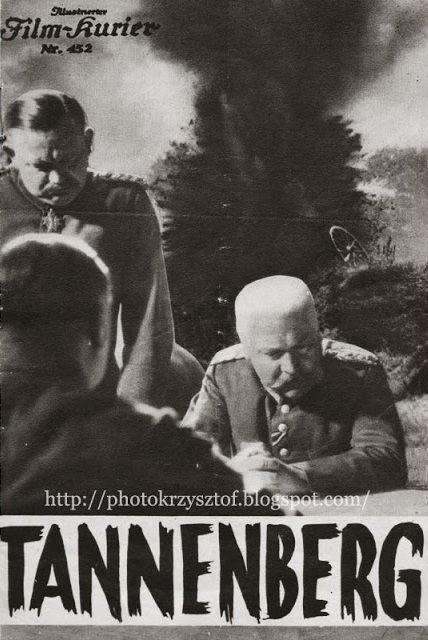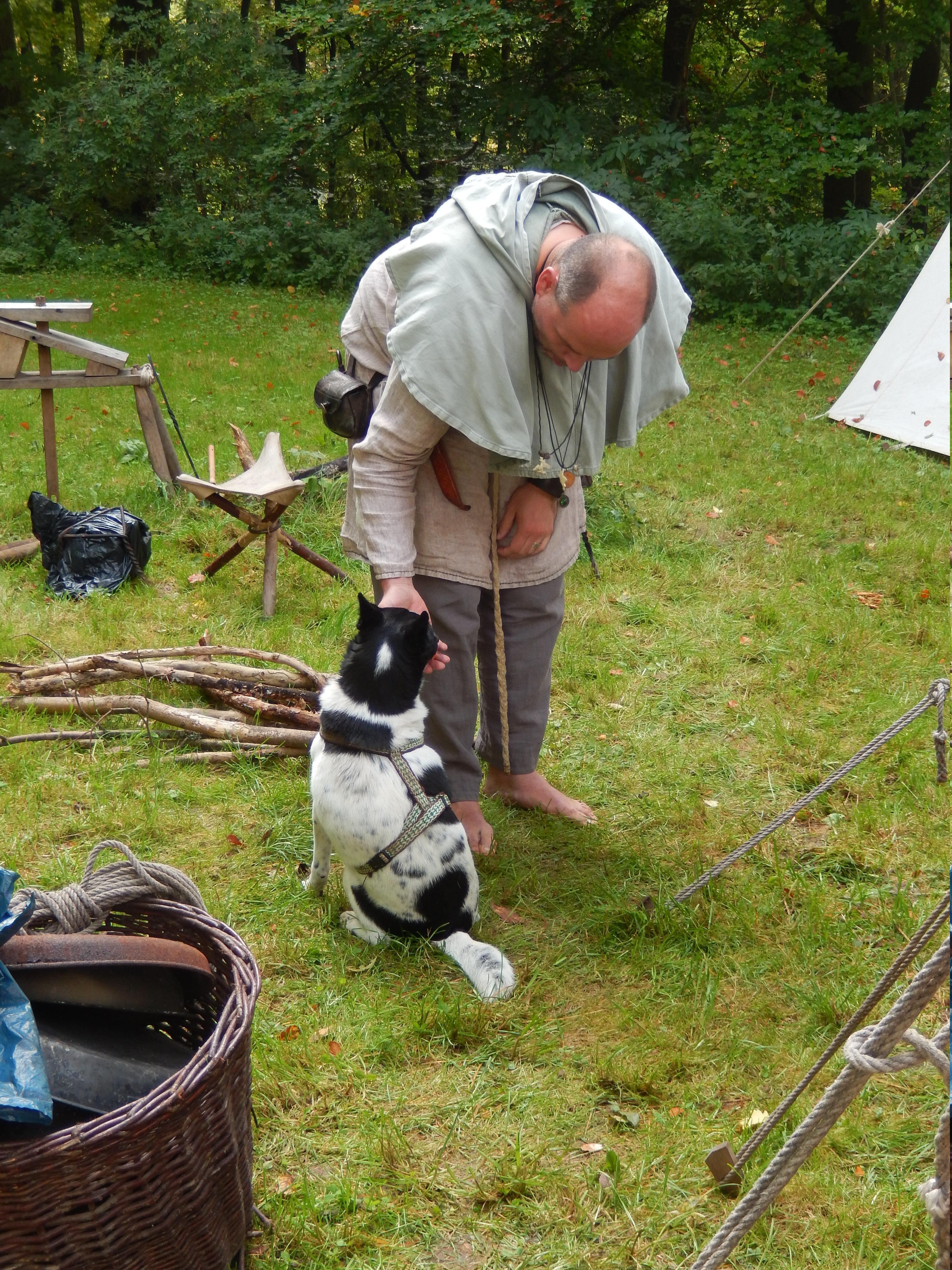
"About this title" may belong to another edition of this title.Choisir vos préférences en matière de cookies Rosmus, who now lives in Maryland, is not sensationalist: ably translated, her work is just old-fashioned, solid history.Ĭopyright © Reed Business Information, a division of Reed Elsevier Inc. For example, the doctor responsible for some of the slave laborers' abortions was fined in a German court as an accomplice to wartime atrocities, but only a few years later she was able to set up a private practice. Rosmus's work is distinguished by her tenacity in digging up the history and in showing how most local residents were willing to ignore ugly facts both during and after the war. Rosmus also explores an unacknowledged local concentration camp and massacres of Russian POWs in the final days of the war. When others gave birth, the babies were taken and either murdered or neglected until they died, and then buried in unmarked graves. When they became pregnant (often from rape), some were forced to have abortions. In the most revelatory part of the book, she details "the mass murder of 'offspring of alien descent.' " Female workers from Eastern Europe were imported into Passau's environs as slave laborers.

ANNA TANNENBERG MOVIE
Rosmus-whose work as a student tracing WWII-era crimes in Passau, her Bavarian hometown, was portrayed in the movie The Nasty Girl-again trains her determined, accusatory gaze on the conduct of Germans during WWII and after. "synopsis" may belong to another edition of this title. As disturbing as these crimes are, just as unsettling is the local population's ability to gloss over these acts or to believe that they never happened at all. In nearby Pocking-Waldstadt, Nazis murdered Jews held in a concentration subcamp, dumping some bodies from moving trains and placing others in hastily dug graves. graves before being shot others they threw into the Inn River to drown. Rosmus sheds light on the united effort of the Hitler Youth, secret police, militia, and German Wehrmacht to massacre thousands of Russian prisoners of war who were being held in the region. With an impending German surrender, Passau and its environs witnessed additional carnage. Rosmus describes the mistreatment of infants in so-called children's homes, where they were intentionally fed spoiled food and the mortality rates were notoriously high.

She tells how doctors performed abortions - at times without anesthesia - on these women despite the illegality of such practices for German women and strong opposition by the local and highly influential Roman Catholic church. In Wintergreen, Rosmus documents the treatment of women from Poland, Russia, Ukraine, and other Eastern European countries who were deported to Germany and put to work as forced laborers. avoided acknowledging these atrocities for decades. The renowned human rights activist, whose search for the truth about the Nazi state inspired the Academy Award-nominated film The Nasty Girl, recounts a horrific story of slave labor, forced abortions, and mass murder that took place in and around her Bavarian hometown.


With the same commitment to exposing Nazi crimes that has made her books Against the Stream and Out of Passau so widely read, Anna Elisabeth Rosmus uncovers the wartime fate of foreign workers, their children, prisoners of war, and Jewish citizens in Winterg reen: Suppressed Murders. With bitter irony the title Wintergreen refers simultaneously to the easy cover-up of these crimes in the collective memory of a people who were observers, bystanders, facilitators, and even participants. They chose the cheapest ground cover available - wintergreen. After the Second World War, local officials in and around the German city of Passau were forced to mark the graves of some victims of Nazi terror in commemoration of the crimes committed by a nation.


 0 kommentar(er)
0 kommentar(er)
